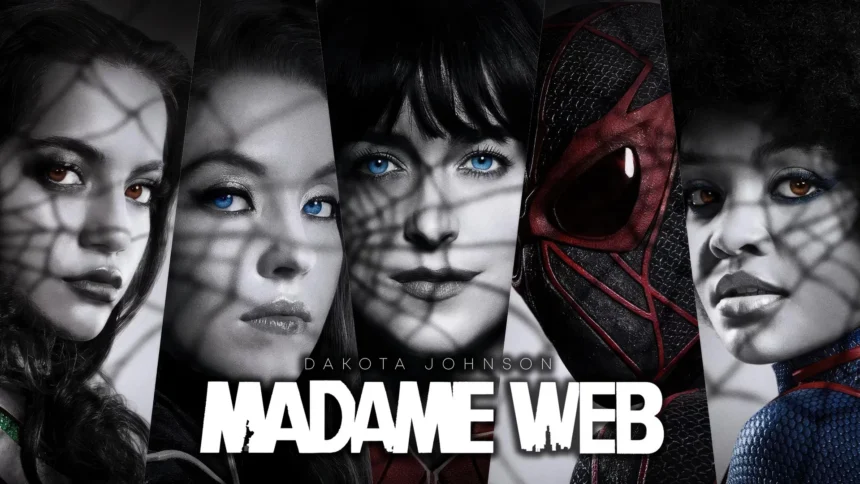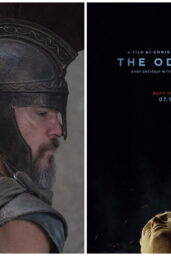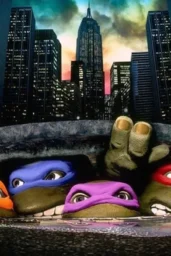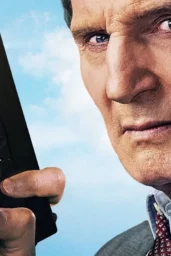As Tony Vinciquerra prepares to vacate his role as chairman and CEO of Sony Pictures on January 2, 2025, his tenure ends amidst reflection and contention. Speaking candidly to the Los Angeles Times, Vinciquerra expressed disappointment over the reception of recent Sony projects like Madame Web and Kraven the Hunter, asserting that critics bore significant responsibility for their underwhelming box office performance.
“Madame Web underperformed in theaters because the press just crucified it,” Vinciquerra said. “It was not a bad film, and it did great on Netflix. For some reason, the press decided they didn't want us making these films.” He added that Venom, despite initial critical panning, managed to resonate with audiences and become a commercial success.
This perceived disconnect between critical reception and audience acceptance raises an intriguing question about the power dynamics between the media and moviegoers. While box office hits like Venom suggest that audiences can defy critics, Vinciquerra's remarks highlight the challenges of managing franchise expectations.
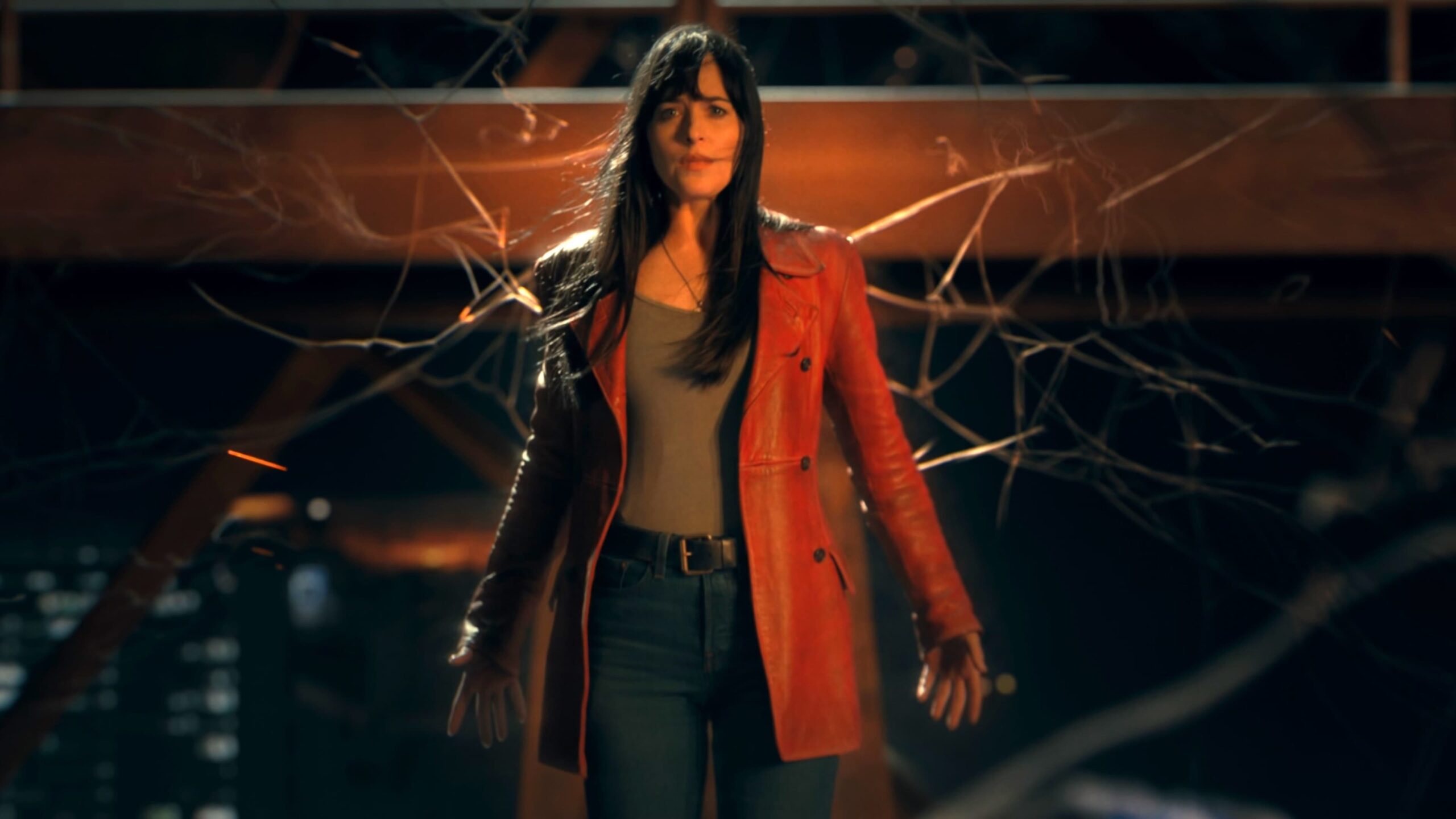
Box Office Performance and Sony's Challenges
The recent struggles of Sony's Spider-Man spin-offs, including Kraven the Hunter and Madame Web, have been compounded by other industry-wide issues, such as the COVID-19 pandemic and the impact of the WGA and SAG-AFTRA strikes. Despite these obstacles, Sony's portfolio saw mixed results in 2024. Titles like Ghostbusters: Frozen Empire doubled their budget in earnings, and Bad Boys: Ride or Die grossed over four times its cost. Unexpectedly, the studio's adaptation of Colleen Hoover's It Ends with Us emerged as a standout, raking in over $350 million on a modest budget.
These financial wins provided a counterbalance to the struggles faced by Sony's superhero ventures. However, the lukewarm reception of Kraven the Hunter, reportedly Vinciquerra's final launch as CEO, added a bittersweet note to his departure. “It was probably the worst launch we've had in my 7½ years here,” he admitted.
Future of the Spider-Man Franchise
Vinciquerra's remarks also hinted at deeper concerns regarding Sony's handling of the Spider-Man IP. “I do think we need to rethink it, just because it's snake-bitten,” he said, acknowledging the franchise's struggle to escape negative press. His advice for incoming CEO Ravi Ahuja underscores the importance of reevaluating strategies in an evolving cinematic landscape.
Critical Response vs. Audience Perception
The Sony CEO's statements bring to light an enduring debate: how much influence do critics wield over a film's success? While critical reviews can shape initial perceptions, audience word-of-mouth and streaming performance increasingly play pivotal roles. Vinciquerra's frustration with media treatment, particularly for films he believes “are not bad,” reflects a broader tension between studios' creative ambitions and critical scrutiny.
Personal Impressions
As a cinematic observer, I find Vinciquerra's defense of Madame Web both understandable and thought-provoking. His frustration with critics—those perennial gatekeepers of taste—echoes a sentiment shared by many filmmakers. Yet, it's worth questioning whether Sony's reliance on Spider-Man spin-offs has led to diminishing creative returns.
Madame Web reportedly performed better on streaming, a reminder of the industry's ongoing shift. Perhaps its Netflix success reflects a broader trend: audiences increasingly favor convenience over the theatrical experience for mid-tier productions. However, even streaming dominance requires compelling storytelling and resonant characters, areas where Sony's superhero films may have faltered.
What role do you think critics play in shaping a film's success? Are audience preferences diverging from traditional critical standards, or do they still align in fundamental ways?

